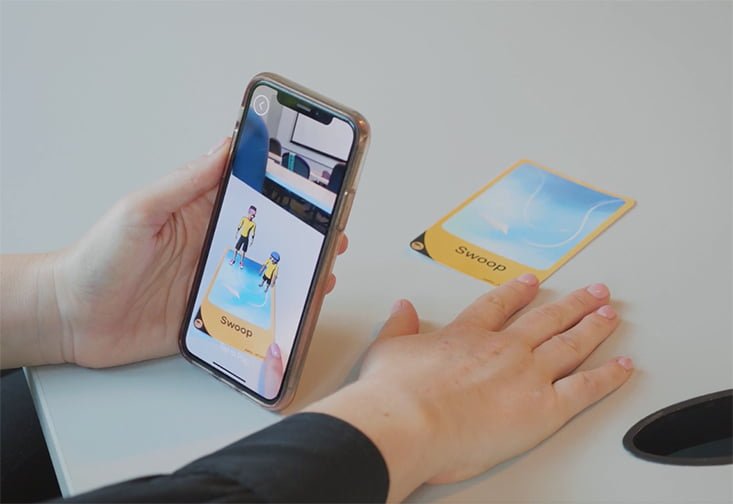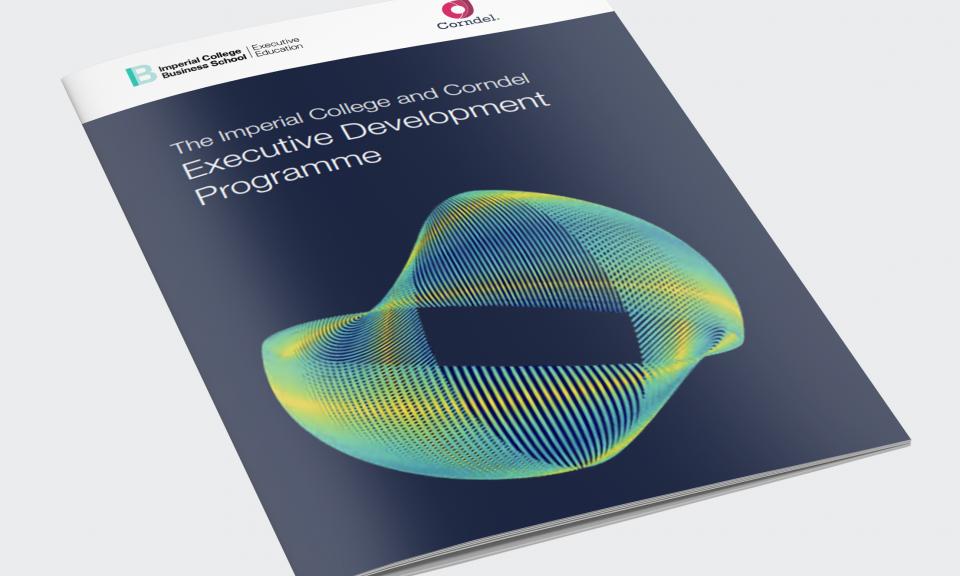The National Center on Education and the Economy’s (NCEE) Center on International Education Benchmarking has released two reports on professional learning environments in top performing systems: Beyond PD: Teacher Professional Learning in High-Performing Systems and Developing Shanghai’s Teachers. To explore and share the findings of these reports, the NCEE held a conference last week featuring presentations and panel conversations with the leading voices in education from around the world. This conference was also streamed live and can be viewed online. Moderated byMarc Tucker, president and CEO of NCEE, speakers included presentations byBen Jensen (author of Beyond PD) and Minxuan Zhang (author of Developing Shanghai’s Teachers).
In his opening remarks, Tucker asked the audience to imagine working in a high performance law firm:
You start as associate. If you work hard, you have a chance to be partner. If as partner you succeed, you can be a senior partner. Then, you have a shot at managing partner. What happens as you move up? You get more compensation, authority, responsibility, status in the firm and community, and also you get esteem. How do you get to move up the ladder? You get better at the work. But if you look at how the firm works it depends on your capacity to develop others. The way you get to move up is by having people higher up take you under their wing. You learn from them. There is a craft and the way you learn a craft is from a master. That’s how it works. It depends on how well you develop others. Also, depends in part on meeting others, to get the work of the org done. Unless people moving up ladder have leadership skills, those committees won’t work well. Everything depends on you getting better at these things.
How do you get better? You read everything you can get your hands on. You ask people to critique you. You get people to mentor you, and you get the most out of them. You are learning all the time. It’s all about learning, but the learning does not take place in an off-site scheduled workshop. It’s built in to the work.
Tucker went on to contrast this law-firm model with the U.S. model of professional development in schools. As he argued, U.S. teachers “get workshopped.” This workshop model often involves lectures directed at teachers, agendas set from those in higher up positions, and as a result teachers think of this as time away from the work they need to do. This professional development model is often disconnected from the classroom and the life of the school. Tucker noted that teachers in the United States get better and better in the first 3-4 years of their career, but then it tops out. He described this as a disaster, because research on expertise tells us that in any field it takes about 10 years to become an expert. Therefore, teacher expertise is not being developed. After 3-4 years most teachers have learned how to do their jobs well enough, and there is no incentive to get better. There is no increase in pay, authority, responsibility or status. Teachers are treated as if they do the same job equally well.
In contrast, teachers in Shanghai experience a very different model of professional development. Tucker argued that the Shanghai model–which applies to other high performing countries as well—looks a lot more like that law firm example. There is a career ladder, with a focus on developing the expertise of others. Teachers in the upper range of the career ladder are responsible for mentoring and everyone has a mentor. Teachers are also taught how to do research and they are regarded as researchers. They work together to collaboratively define projects with specific goals. They engage in a highly disciplined approach to improving the school and every aspect of it.
Tucker summarized,
In this model, where is the professional development? It’s woven into work. Teachers are in each other’s classrooms – observing, critiquing. Teachers are doing research-action research published in journals read by other teachers. Teachers are taking workshops of their choosing – to build expertise that will be rewarded in career advancement.
*Stay tuned for an upcoming post focusing on Ben Jensen’s presentation: Professional Learning in High-Performing Systems. Jensen’s presentation expanded on Tucker’s introduction and argues that high-performing countries have in common the belief that school performance = professional learning.
[Source:- internationalednews]
















